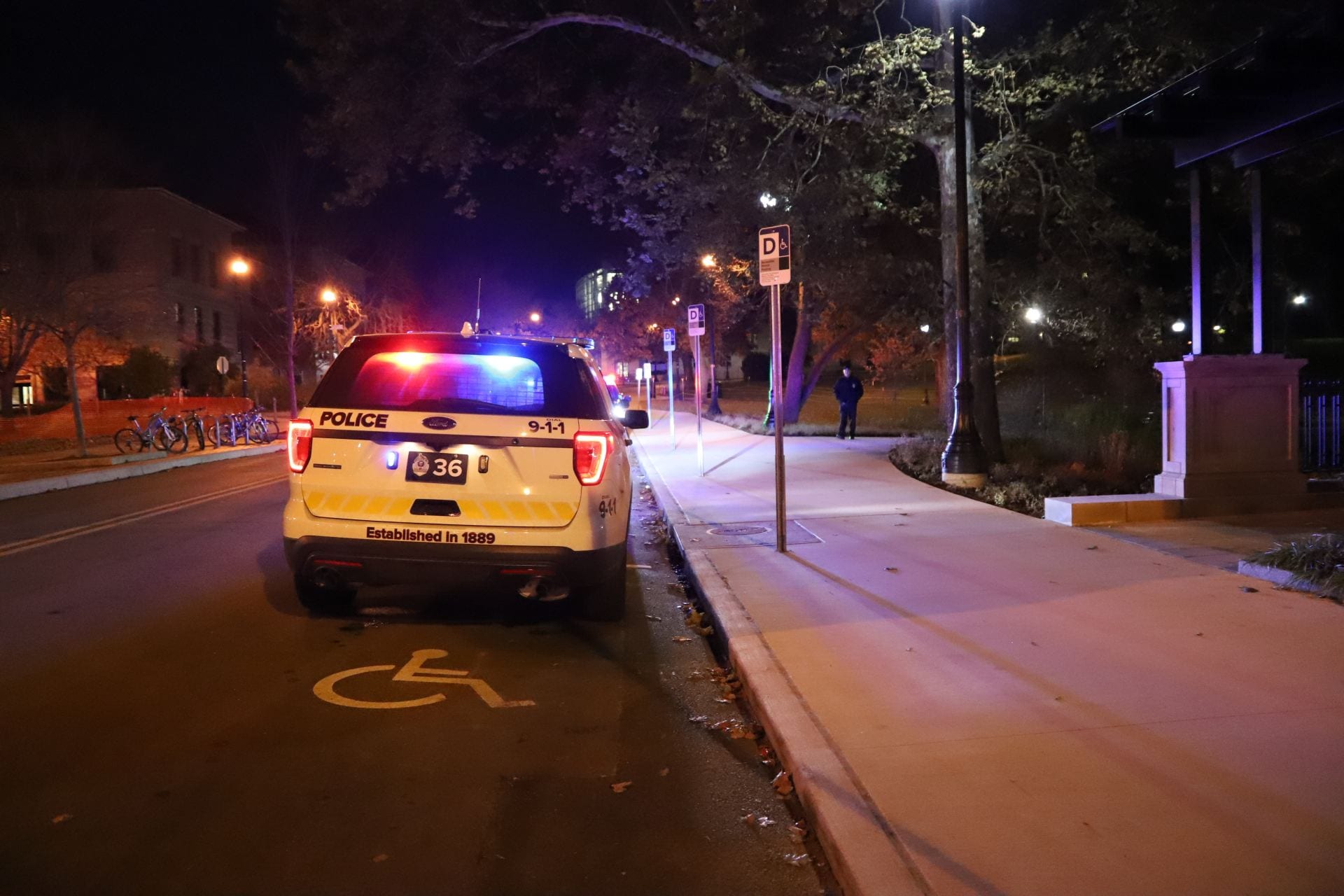For decades now, the United States has used democracy as the Band-Aid to cure any ailing country. A tyrannical dictator is in control? Just set up free elections. The economy is failing? Surely democracy can cure that.
But as Fareed Zakaria’s fascinating new book “The Future of Freedom: Illiberal Democracy at Home and Abroad” suggests, democracy alone cannot cure all of society’s problems.
A successful democracy requires a healthy economy, a dedicated leader and people who know what’s best for them. When democracy doesn’t work – and it often doesn’t – it’s often because a country lacks every one of those characteristics. The biggest problem with letting the general public have a say in governing itself is that the general public is usually not well-informed enough to cast a vote for what will truly help the country. After all, Adolf Hitler and Saddam Hussein were both elected by huge majorities, Zakaria points out.
Zakaria says the biggest problem with democracy is the endless cycle of elections, which breeds a system where decisions are made based on short-term political and electoral considerations rather than on social, economic and legal merits. This is where the author makes his major distinction. The democracies that work are liberal democracies or those that are concerned with individual, economic, political and religious liberty.
Increasingly, though, free elections lead to leaders who ignore constitutional limits on their power and who are guilty of massive human rights violations.
The book is especially interesting as the United States sets out to build a democracy in Iraq. The country was once home to a progressive society where art flourished and a large percentage of doctors and lawyers were women. Zakaria says Iraq could be returned to its liberal greatness, but if the administration isn’t careful about the leadership it provides, the country might easily follow nations like Peru and Venezuela down the dangerous path of illiberal democracy.
Zakaria is a journalist, not a historian – a distinction with pros and cons. The book is a quick read, unlike many dense, footnote-laden books on politics. On the other hand, the book only skims the surface of the problems of most countries, despite Zakaria’s seemingly expansive knowledge of the political histories of most of the world’s countries.
The most interesting and in-depth section discusses why democracy typically fails in the Middle East, where pervasive economic and religious beliefs run counter to Western ideas on liberty and personal freedoms. In more successful Middle Eastern countries, like Morocco and Jordan, the non-elected leaders are often more progressive and open to liberal ideas than their citizens.
Surprisingly, Zakaria is most harsh toward what Americans have been brought up to believe is the greatest democracy of all – the United States. He points out, rightfully, that the country’s political system is in shambles. Most Americans have grown disillusioned with a government they feel doesn’t listen to them. But Zakaria says the real problem is just the opposite – they’ve actually grown disillusioned with a government that does nothing but listen to them.
His premise is simple – people tend to yearn for a strong leader, someone they can rally behind and trust to make difficult, reasoned decisions for them. When lawmakers are constantly polling to try to understand the “public pulse,” those for whom they’re making decisions begin to lose respect for their ambivalence.
Americans generally distrust the U.S. Congress, where laws regulating every aspect of society are passed daily. These legislators try to listen to what the people who elected them are saying, but they can only hear the loudest voices – those of the powerful Washington lobbyists. The book mourns this widespread counterculture because it means only those who can provide money to run campaigns influence policy.
Alternately, look at the institution Americans routinely say they trust most: the U.S. Supreme Court, where justices are appointed, not elected. Zakaria says people intrinsically trust the high court because they believe it can separate itself from the endless electoral cycle, and focus on making decisions that are good for the country, and not just their constituents. Whether that is true is irrelevant, but it helps prove the author’s point – people often don’t want democracy because they don’t believe they are equipped to make political and economic decisions.
“The Future of Freedom” should be required reading for the leaders who are just beginning the daunting task of rebuilding Iraq because it offers a realistic guideline for implementing democracy; and all Americans should listen to Zakaria’s sobering account of why their own Western-style democracy is failing before hailing it as a cure-all.
This book was provided for review by Barnes and Noble Booksellers in the Lennox Town Center.


